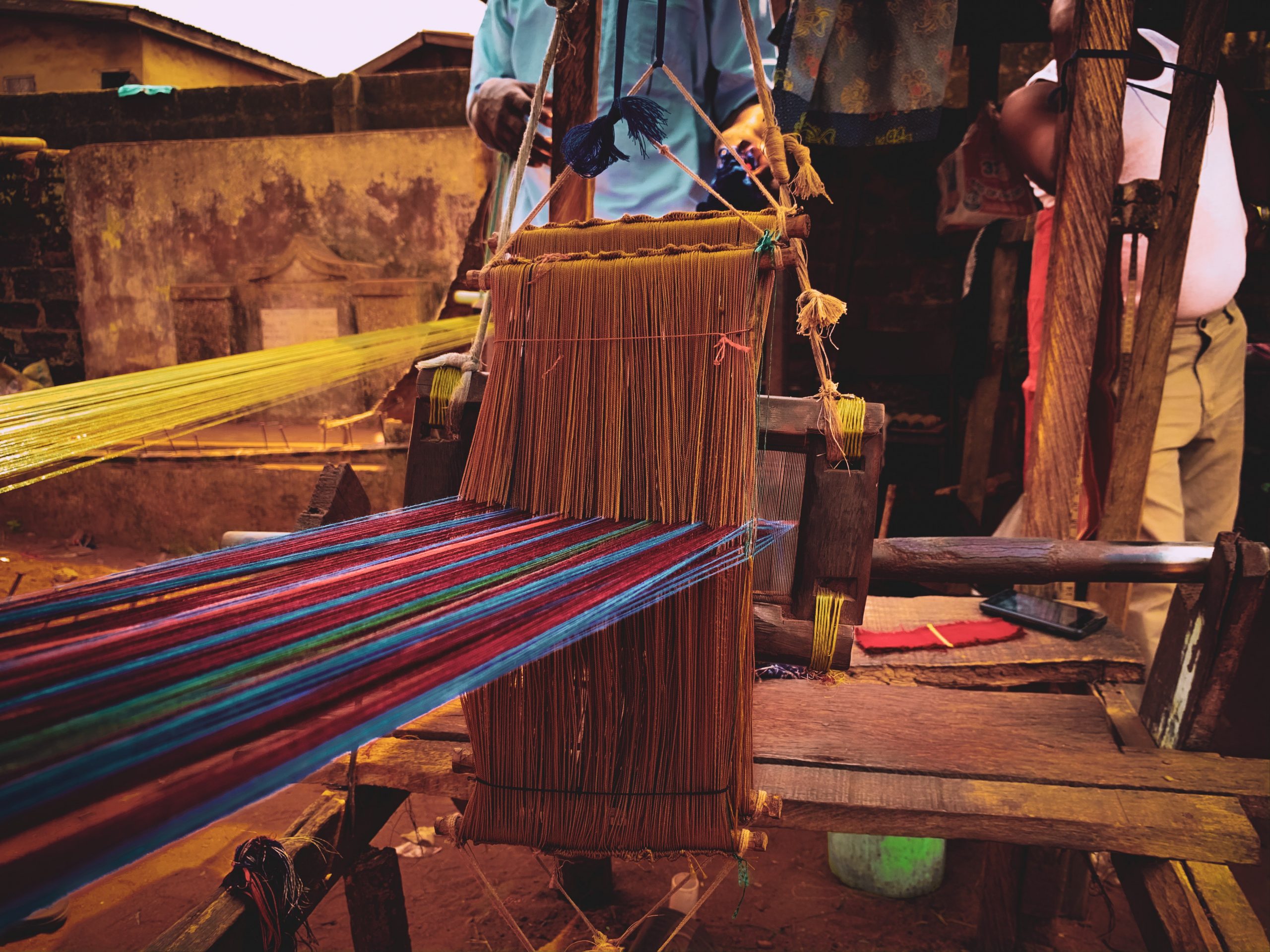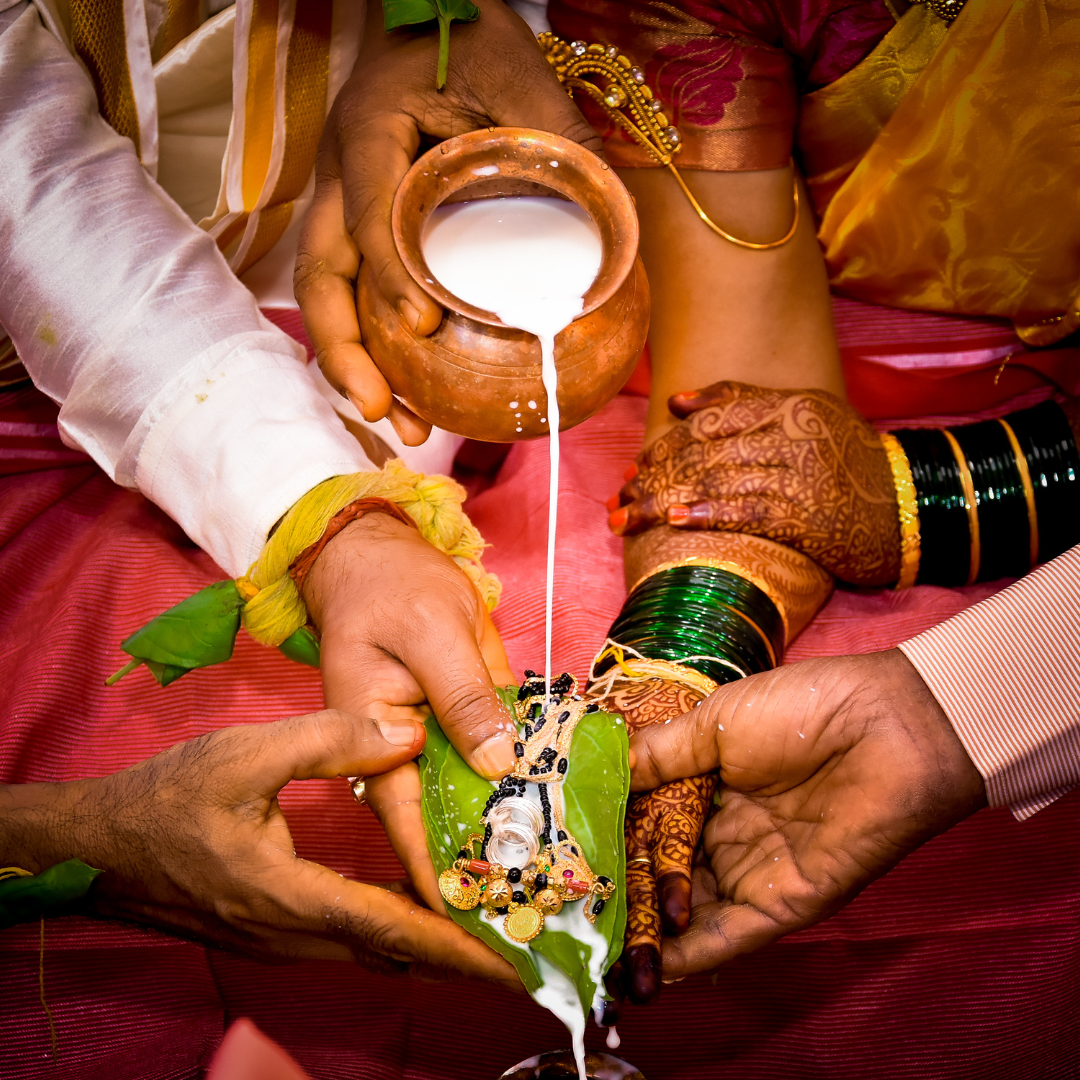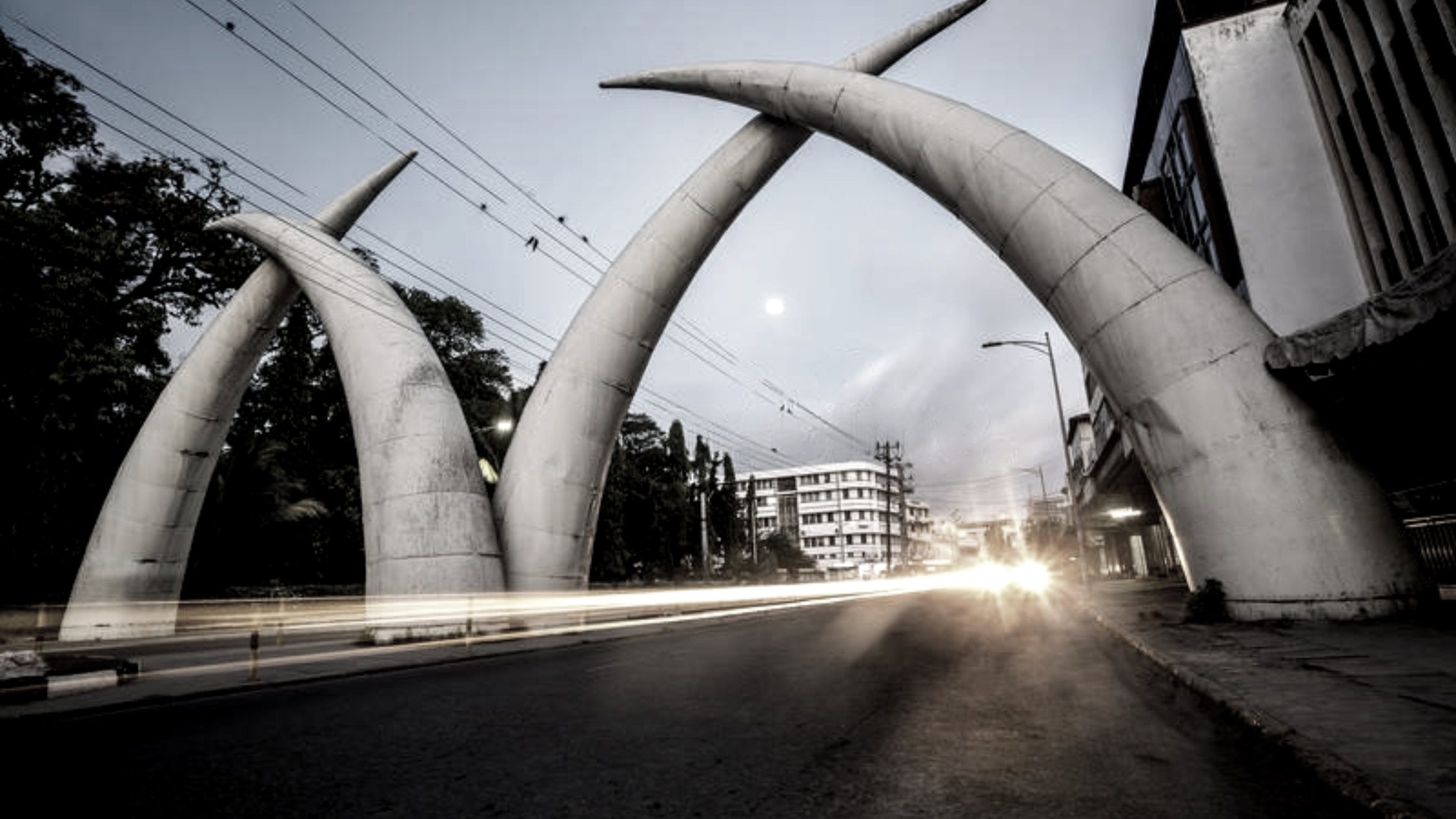In Iseyin today, people say that there are more Bororos (nomadic Fulani people) than Yorubas. Though there are also people from Togo and Benin Republic in their droves, many of whom have lived in Iseyin all their lives, there are also Yoruba people of other dialects. It may not be a city or metropolitan area, but there is an influx of migrants from within and outside Nigeria to Iseyin, enough that there is a cultural mix in every part of the town. The effects and benefits of this are seen in the social, cultural, economic, and religious diversity of the Iseyin populace.
This is the case in virtually every part of the world where we now have people of different cultural backgrounds coexisting. America, for example, is called a nation of immigrants, and it is a country with a rich diversity of languages, traditions, customs, and values thanks to multiculturalism. A social survey of the world will show that multiculturalism is significant in contemporary life because it promotes unity and an appreciation for tolerance. By living together, we have a chance to understand other people’s cultures, and these pockets of unity in various communities contribute to global peace.
A global base for Aso-Oke, Iseyin
It is customary for Yoruba people to wear aso-ofi fabric on significant occasions like weddings and coronations. Iseyin, located in the Oke-Ogun axis of Oyo State and about 100 kilometres north of Ibadan, has continued to uphold its status as Africa’s primary producer of this distinctive cloth. Aso-Ofi weaving is said to be as old as Iseyin, which was founded about 1732 by a warrior named Ebedi who had emigrated from Ilesa. According to legend, Ebedi relocated to a place now known as Oke-Ebedi, where he met some Iseyin locals and taught them the Aso-Ofi weaving skill.
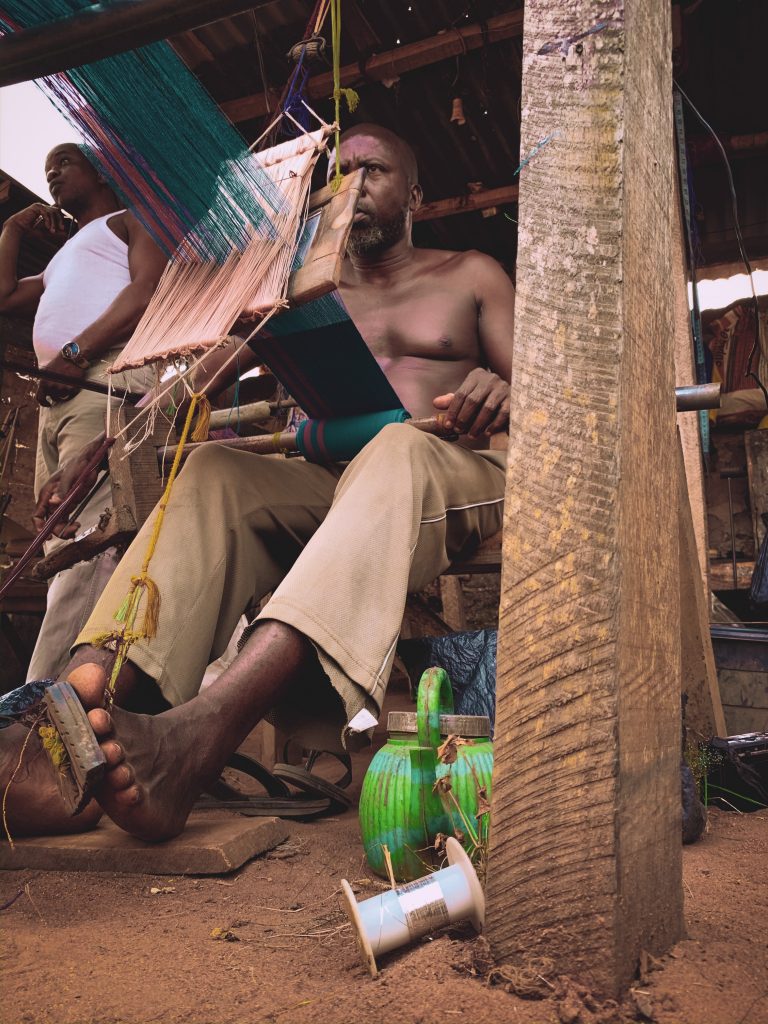
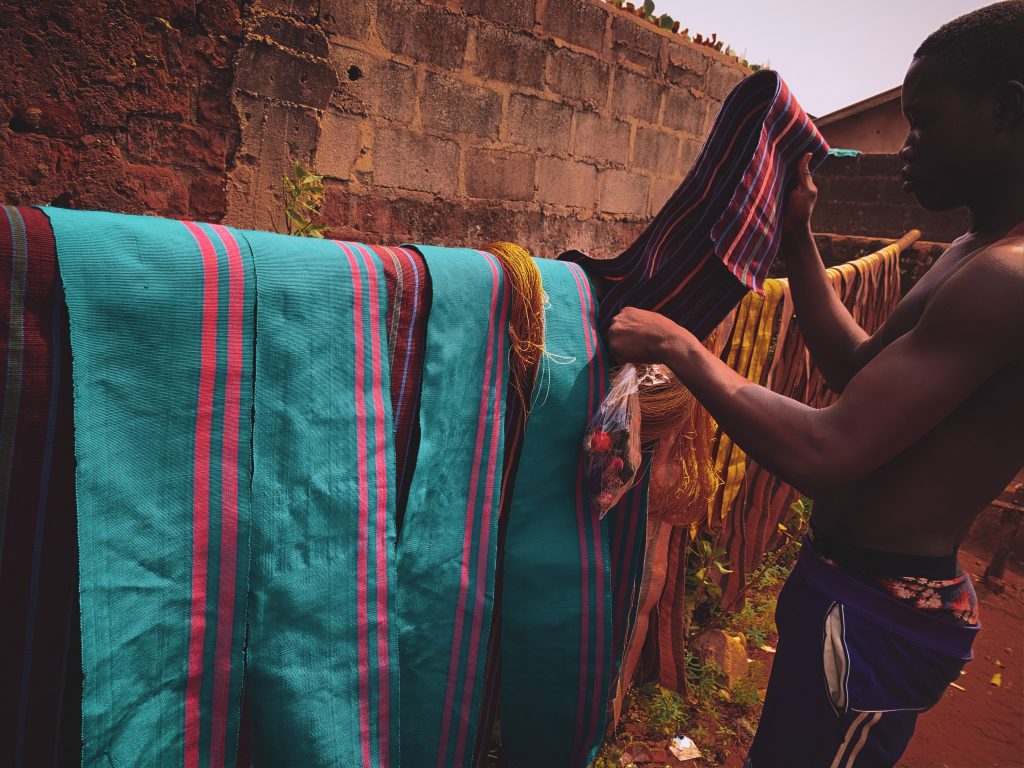
Today, Aso-Ofi is now being creatively used by African designers to create shoes, bags, furniture, coats, and other products. One of those designers who stood out is xxx, who has kept adding customary Aso-Oke accents to his works. One can observe how a community’s diversity of knowledge and experience helped shape what it would become recognised for in the future. Ebedi accepted the Iseyin tradition while also imparting his knowledge.
Types of Aso Ofi
There are various Aso-Ofi varieties. Yet only three—Etu, Sanyan, and Alaari—have stood the test of time. The three categories have traditionally been distinguished by their colours. Sanyan is pale brown with white stripes, as opposed to Etu’s distinctive dark blue with stripes. While Alaari is red in colour. Stay up to date on the newest in the world of Fashion, Arts, Beauty and Lifestyle; Follow FAB on Instagram.
Our Role in Fostering Diversity
There are many benefits to acknowledging the differences that exist among people and cultures. Because of our cultural and religious differences, we approach fashion, food, marriage, and sexuality, among many other institutions of life, from different perspectives. But it is important to know that life is beautiful because of these differences, and we must continue to tolerate and celebrate our diversity. Below are a few ways that we can further celebrate our diversity:
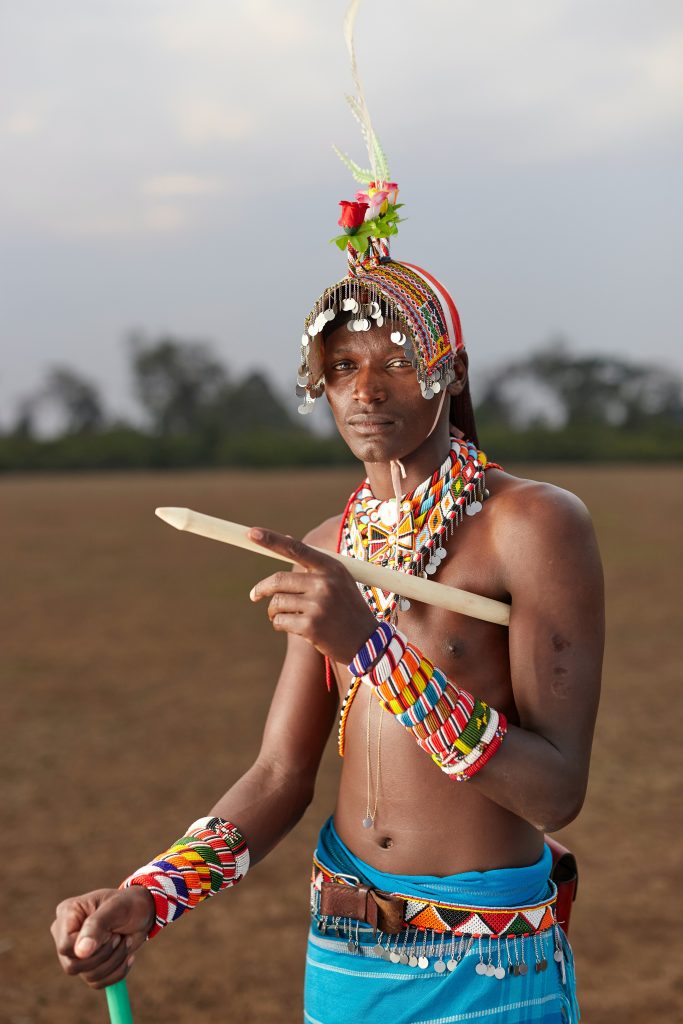
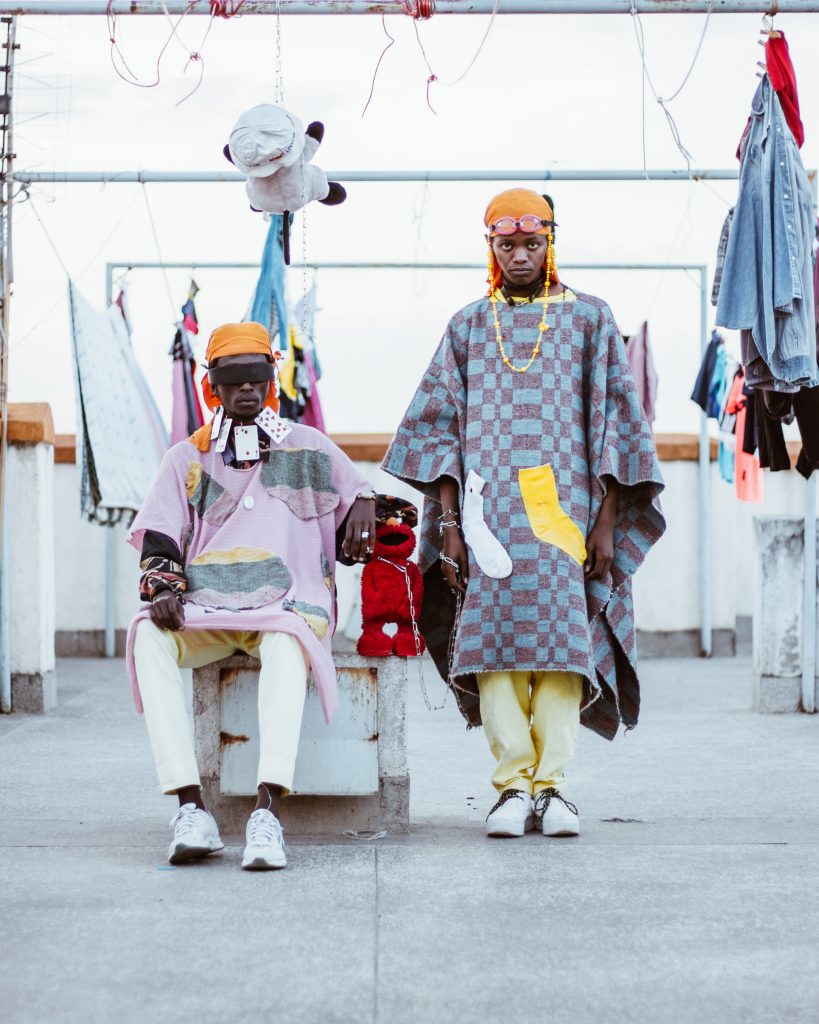
Embrace Differences
We can create a more accepting society that celebrates diversity and encourages equality by accepting and valuing our differences. Such differences can come through our tastes in fashion, food, religion, sexuality, and traditions. Regardless of these differences, it is only fair that we acknowledge and embrace them.
Consciously Learn About Other Cultures
We must make conscious efforts to learn about other people’s cultures, as this will foster understanding. It is not unusual to see people dress differently from us, speak languages other than ours, or believe in something that we don’t. What is paramount is for us to learn about them and respect their choices. We can learn about other cultures through reading, attending cultural events, and travelling to different parts of the world.
Celebrate Cultural Festivals
A fun and interesting method to discover new cultures and traditions is through participating in cultural festivals, especially those that are not located within our own culture. All over the world, there are cultural festivals, and people, regardless of where they migrate, often try to remember their roots by keeping up with cultural festivals. We can celebrate diversity when we acknowledge how important cultural festivals are to people and when we join others in celebrating their cultural festivals. Welcome to the Marsabit Turkana Lake Festival.
Challenge Stereotypes and Prejudices
In Nigeria, many grow up with the stereotype that people from Ijebu are stingy. There are one or two stereotypes and prejudices about every tribe in Nigeria, and these mostly unfounded stereotypes have become slurs that continue to tear the country apart. The case is the same all over the world. In America, there are stereotypes used for black and Asian people. To foster a united world, we must learn to interact with one another on an individual level.
Promoting Diversity in Media and Art
Making sure that all viewpoints are represented and heard can be accomplished by promoting diversity in the media and the arts. This involves fostering variety in literature, music, art, television, and film, as these are mediums that we can use to inform and educate the public. Check the Diversity Of Artistic Expression In The 21st Century.
Wrap Up
To create a more harmonious and inclusive society that values and respects everyone, regardless of their cultural background, we must learn to celebrate diversity. We must respect it when people dress in ways that we don’t understand or like. We must embrace people’s individuality.
Cheers!
Micheal




